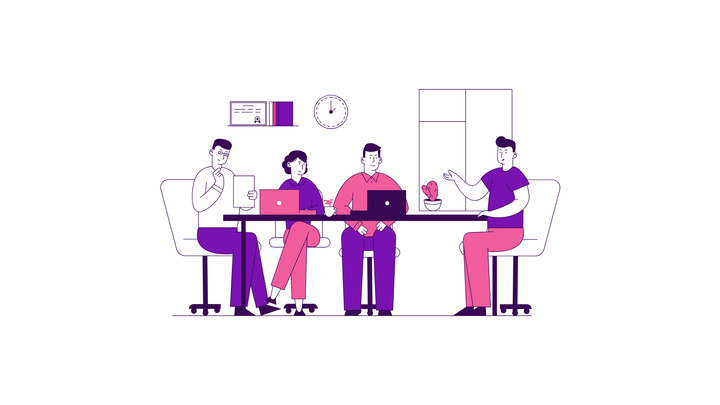What is Product Adoption in SaaS? (From Activation to Advocacy)

Remember your first gym membership? You signed up with great intentions, went twice, and then... well, let's just say the gym saw more of your monthly payment than they saw of you. That's exactly the nightmare scenario SaaS companies face with product adoption. Because just like that gym membership, having users sign up doesn't mean they'll stick around.
What is Product Adoption, Really?
Think of product adoption like learning a new language. At first, you learn basic phrases (activation), then start having simple conversations (initial adoption), eventually become fluent (value realization), start teaching others (expanded usage), and finally find yourself recommending that language school to everyone you meet (advocacy).
Why Should SaaS Companies Care?
- Reduced Churn: Well-adopted products become habits, not expenses
- Higher ROI: Better adoption means better returns on acquisition costs
- Organic Growth: Happy, successful users become natural advocates
- Predictable Revenue: Strong adoption patterns lead to reliable renewals
The Product Adoption Journey
- Activation
- First meaningful interaction
- Initial setup completion
- "Aha moment" achievement
- Initial Adoption
- Regular login patterns
- Core feature usage
- Basic workflow integration
- Value Realization
- Achieving intended outcomes
- Measurable success metrics
- Consistent usage habits
- Expanded Usage
- Advanced feature discovery
- New use case exploration
- Team-wide implementation
- Advocacy
- Product recommendations
- Feature suggestions
- Community participation
Key Metrics to Track
- Time to First Value: How quickly users reach their "aha moment"
- Feature Adoption Rate: Percentage of available features actively used
- Stickiness: DAU/MAU ratio
- User Sentiment: NPS and satisfaction scores
- Session Metrics: Frequency, duration, and depth of engagement
Common Adoption Challenges
- The Implementation Valley: That dangerous gap between signup and first value
- Feature Blindness: Users stuck using only basic features
- Workflow Disruption: Resistance to changing established processes
- Value Recognition: Users failing to connect product usage with outcomes
Pro Tip
Keep an eye on how users adopt competing products. When you spot patterns of partial adoption or feature underutilization in competitor products, you've found your opportunity. Understanding where others' adoption journeys break down can help you design better onboarding and adoption strategies. (This is exactly what we help identify at Reechee!)
The Bottom Line
Product adoption isn't just about getting users through the door – it's about making your product an indispensable part of their daily work life. While acquisition might win the battle, adoption wins the war. After all, in SaaS, the sign-up is just the first date; adoption is the long-term relationship you're really after.



